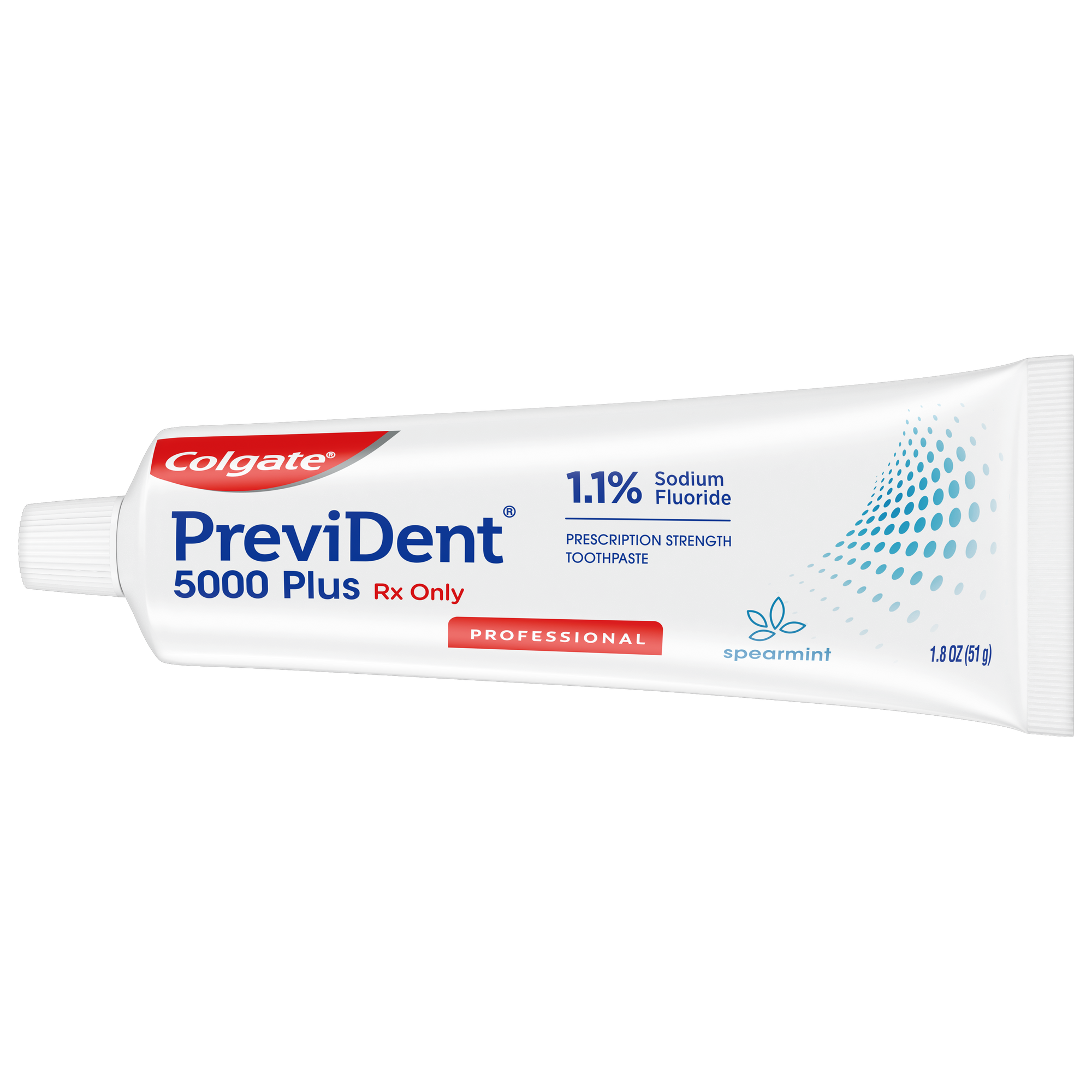Types of Dental Infections
According to the American Association of Endodontists, you may have an abscessed tooth if you experience pain when chewing, an aching jaw or swollen gums. There are several types of dental infections that could possibly require antibiotic therapy, as the College of Dental Hygienists of Ontario outlines:
- Periapical abscess A periapical abscess is an infection around the tip of a tooth's root, originating from an infected nerve chamber in the tooth. This is the most common dental emergency, and typical symptoms may include visible swelling, sensitivity to hot and cold and a bad taste in the mouth.
- Periodontal abscess A periodontal abscess is a bacterial infection in the gum tissue that can occur if a person is unable to properly clean the pockets in the collar of gum tissue surrounding their teeth. This condition is often associated with periodontal disease and loss of the bone that forms the sockets that support the teeth. Typical symptoms include swelling of the gum tissue and accumulation of pus.
- Combination Abscess This infection is essentially a hybrid of a tooth abscess and an infection in the gums. It usually occurs when a dental abscess remains untreated and the infection spreads into the gum and bone tissues surrounding the tooth.
Treatment of Dental Abscesses
Prior to the discovery of antibiotics and the development of endodontic therapy, the only way to treat abscessed teeth was to remove them. Luckily, that is no longer the case.
Treatment for a tooth abscess depends on the severity of the infection. Your dentist may recommend root canal treatment, which involves removing the infected nerves and sealing the root canal to prevent the spread of infection, as the Mayo Clinic explains. Your dentist may also need to drain the abscess if pus has accumulated. If the tooth cannot be saved, the dentist may need to remove the tooth entirely.
Antibiotics for Dental Infections
There are many varieties of antibiotics, but according to an article in the International Dental Journal (IDJ), amoxicillin is the most commonly prescribed antibiotic in the world for dental infections. Sometimes, amoxicillin is also used in conjunction with other antibiotics, such as metronidazole. Penicillin VK, which is in the same class of antibiotics, is the most common antibiotic prescribed in the U.S. For those who are allergic to penicillin and amoxicillin, dentists will often prescribe erythromycin or clindamycin as an alternative.
As the Mayo Clinic notes, your dentist may prescribe an antibiotic such as amoxicillin for abscessed tooth treatment to keep the infection from spreading to nearby teeth, your jaw or other facial structures. They may also recommend an antibiotic for abscessed tooth if you have a weakened immune system. If the infection is contained and limited to one area, you may not need antibiotics as part of your treatment.
Note that the use of antibiotics is not without potential consequences. According to another IDJ report, potential side effects of antibiotics may include gastrointestinal disturbances, allergic reactions, including fatal anaphylactic shock, and the development of antimicrobial resistance. This is why it's so important to see your dentist at the first sign of any dental infection symptoms. Although antibiotics can be effective, the best scenario is when your dentist identifies and treats a problem early on — before you even need them.
This article is intended to promote understanding of and knowledge about general oral health topics. It is not intended to be a substitute for professional advice, diagnosis or treatment. Always seek the advice of your dentist or other qualified healthcare provider with any questions you may have regarding a medical condition or treatment.
ORAL HEALTH QUIZ
What's behind your smile?
Take our Oral Health assessment to get the most from your oral care routine
ORAL HEALTH QUIZ
What's behind your smile?
Take our Oral Health assessment to get the most from your oral care routine















